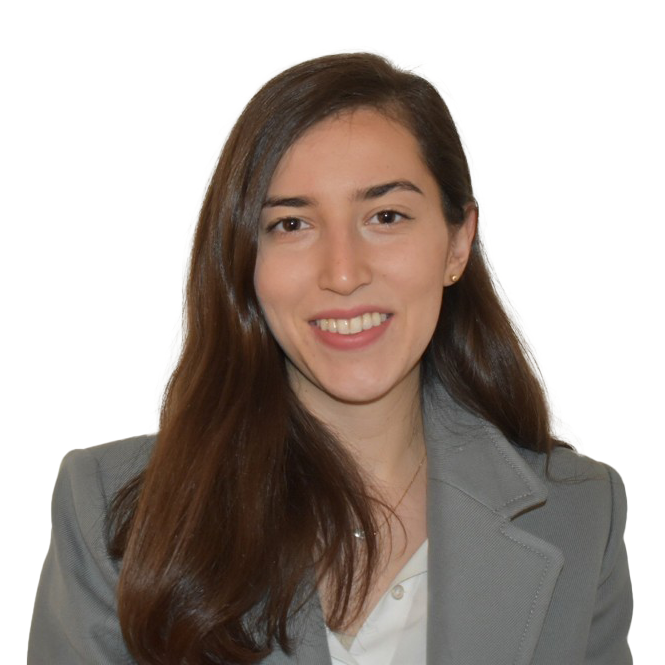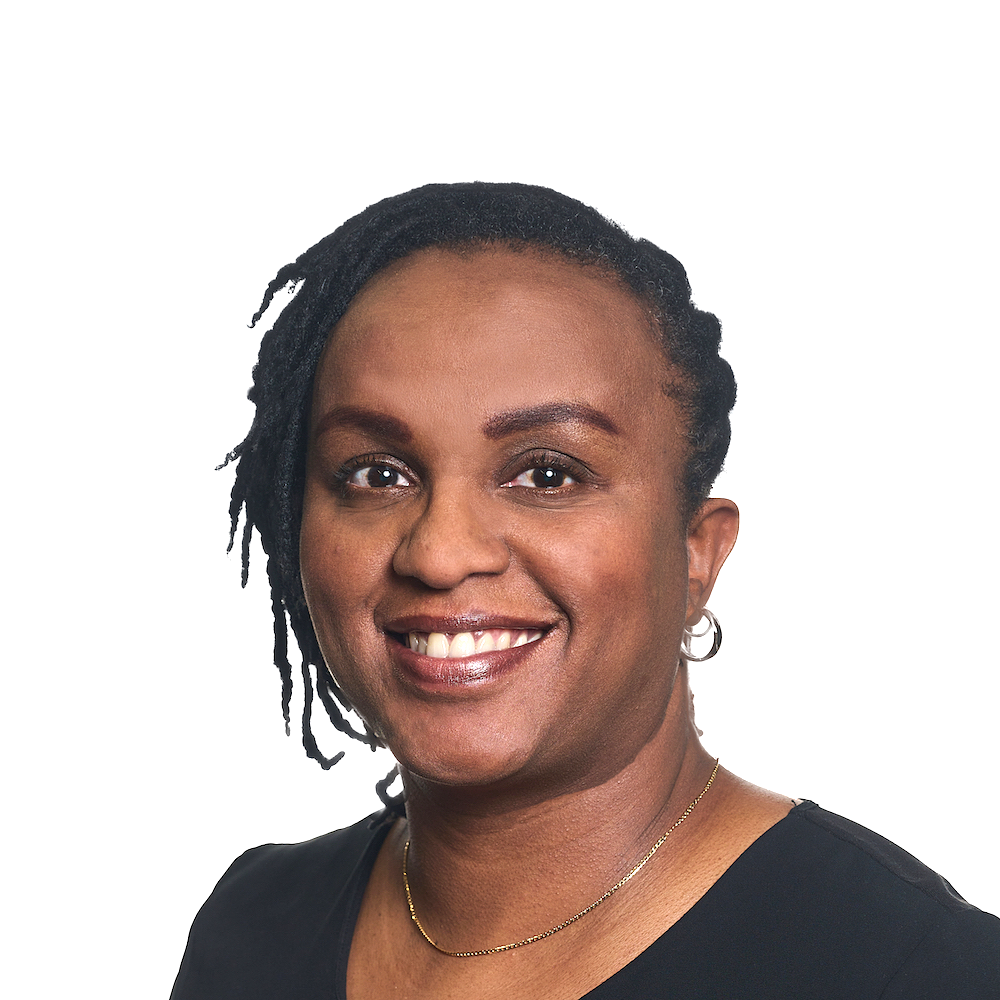In the race to achieve the Sustainable Development Goals (SDGs) by 2030, the exploration of diverse and innovative financing sources is paramount. With nearly $3 trillion in global assets concentrated in well-established Islamic finance markets, notably Malaysia, Saudi Arabia, Indonesia, the United Arab Emirates, and Qatar, Islamic finance emerges as a promising resource with considerable potential to bolster an inclusive green agenda.
What is Islamic Finance?
Built upon ethical and responsible principles, such as financial inclusion and social welfare, Islamic Finance refers to a set of faith-based, asset-backed, financial intermediation products and institutions. Key priorities encompass sharing of profits and losses, and fostering integration between the finance sector and the real economy. Conversely, activities deemed harmful or unethical (Haram), such as those involving interest payments charged on loans (Riba), gambling (Maisir), speculation, and uncertainty (Gharar), are strictly prohibited. Islamic Finance mandates that investments exclusively involve assets compliant with Islamic law or Shariah, with each transaction tied to a real underlying economic activity. These guiding principles of Islamic Finance closely align with principles of green and sustainable finance.
Islamic Finance and Climate
Of the $3 trillion Islamic finance assets, only about $20 billion has been directed toward climate finance. Historically, Islamic finance has focused on social welfare causes such as poverty, education, and health. However, Islamic finance can contribute to climate finance, through the development of specific financial instruments. Two such instruments that have gained prominence are Green Sukuk and Waqf.
Green Sukuk (bonds)
Green Sukuk, often referred to as Islamic green bonds, are Shariah-compliant bonds where all proceeds exclusively finance or refinance green projects contributing to climate mitigation, adaptation, or biodiversity preservation. This instrument has played a vital role in supporting environmental initiatives, with Malaysia and Indonesia leading the way.
In 2017, Malaysian Solar energy firm Tadau successfully issued $59 million worth of Sukuk to finance a 50MW solar photovoltaic power plant in Sabah, Malaysia. The Sukuk was issued under Malaysia’s Sustainable Responsible Investment (SRI) Sukuk framework. In 2018, Indonesia issued its first sovereign Green Sukuk which aimed to support Indonesia’s goal of reducing its Greenhouse Gas (GHG) emissions. The proceeds from this Green Sukuk were instrumental in rejuvenating the Piyungan landfill in Yogyakarta Province, Indonesia, improving both environmental conditions and the public health and wellbeing of communities in the vicinity. These success stories underscore the potential of Islamic finance, particularly Green Sukuk, in achieving climate and social impacts.
Waqf (designated assets)
Waqf is another Islamic finance instrument, rooted in traditional Islamic philanthropy, with potential to be applied by countries seeking to achieve their climate goals. Waqf involves designating assets for the benefit of the community or specific causes. Indonesia, for example, is tapping into the potential of Waqf for environmental conservation, sustainable agriculture, and climate resilience. The Bogor Waqf Forest Foundation in Indonesia conducted land rehabilitation by planting various types of trees on designated Waqf land, showcasing the versatility of this traditional mechanism.
Challenges facing Islamic Finance for Climate
Despite its potential, Islamic finance is not without challenges. The industry faces obstacles in terms of awareness and understanding of Islamic finance principles among key stakeholders, hindering its integration into climate finance initiatives. The nuance of designing Shariah-compliant financial instruments tailored for climate finance adds another layer of complexity. Additionally, the absence of standardized frameworks makes it challenging to compare and assess initiatives in Islamic finance. Risk management is also a concern, as developing effective mechanisms for climate-related projects while adhering to Shariah principles is intricate. Furthermore, policy and regulatory hurdles pose additional barriers to the successful implementation and scaling of Islamic climate finance.
Outlook for the Islamic Finance market
Growing global interest in sustainable finance has created a favorable environment for Islamic finance to align with ethical and environmentally responsible investment trends. Investors and institutions seeking innovative Shariah-compliant options may see a potential market for Islamic finance products that utilize blended finance for the design and structuring of financial instruments that align with Islamic principles while effectively addressing climate-related issues. Collaborative efforts, partnerships, and inclusive approaches that involve governments, international organizations, financial institutions, the philanthropic sector, and commercial investors can enhance the capacity and reach of Islamic climate finance, allowing it to contribute meaningfully to the global climate agenda. One such example is the soon-to-be-launched Global Islamic Finance Program (GIFP) for Climate, Nature, and Development. The design of GIFP has benefited from consultation with multiple Islamic finance stakeholders globally. GIFP looks to draw upon insights gained from WWF and its partners who have expertise in creating a pipeline of bankable Nature-based Solutions (NbS) projects through blended finance.
Islamic finance has the potential to be a transformative force in climate finance and sustainable development. The industry's ethical principles and alignment with responsible finance, make it a natural ally in addressing global challenges. While challenges exist, collaborative efforts, innovation, and strategic partnerships can overcome these obstacles and unlock the full potential of Islamic finance. Green Sukuk and Waqf demonstrate tangible contributions to climate initiatives, highlighting the industry's ability to create a positive impact. As the world seeks new and effective ways to fund climate goals, a blended approach to Islamic finance is a promising untapped resource that could play a pivotal role in shaping a sustainable and resilient future.


